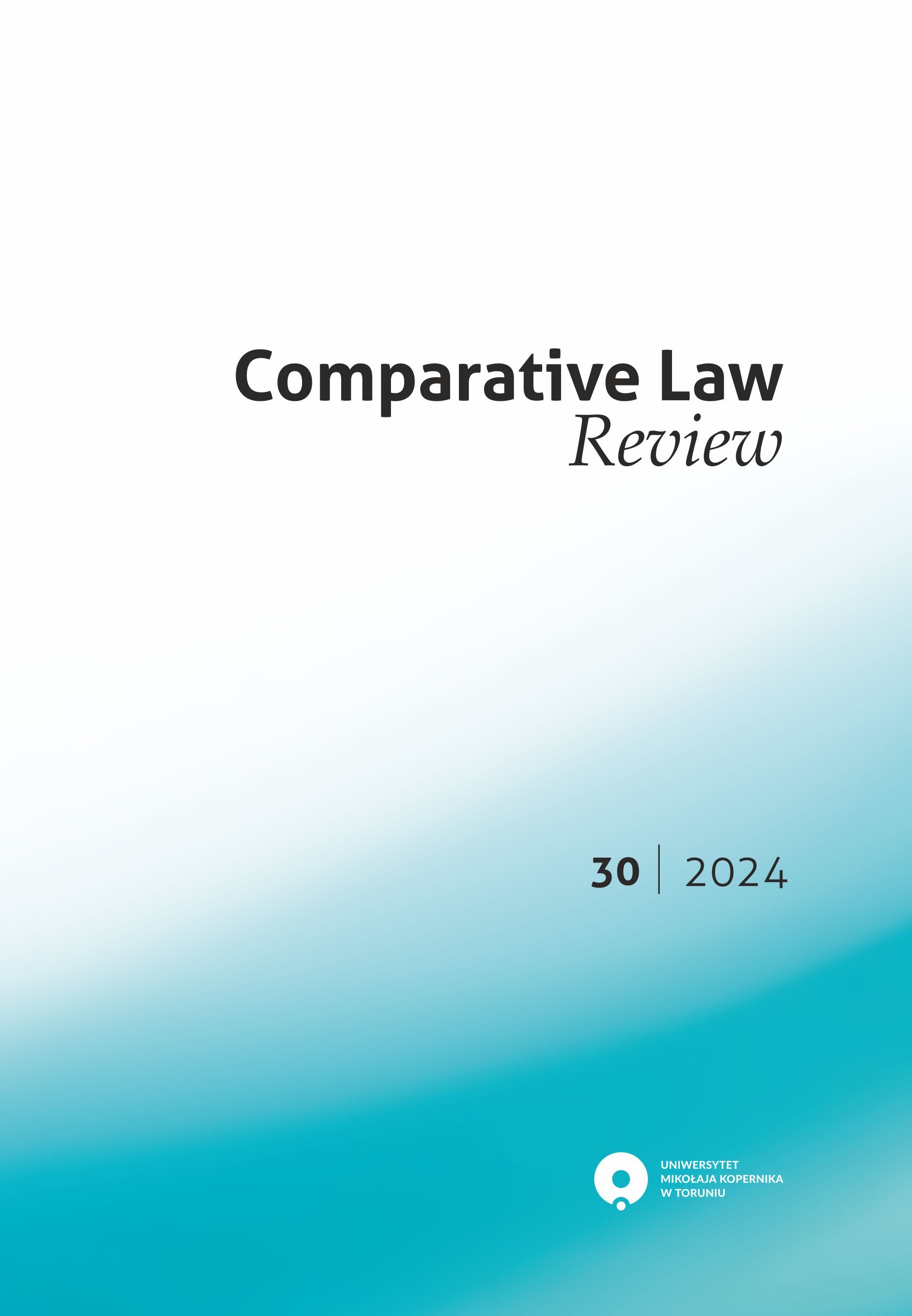Transboundary Climate-Induced Migration: the Need for a Legally Binding International Framework and a Dispute Settlement Mechanism
DOI:
https://doi.org/10.12775/CLR.2024.008Słowa kluczowe
Transboundary climate migration, extreme weather events, arbitration, dispute resolution, refugee, ICJAbstrakt
Transboundary Climate Migration (‘TCM’) is projected to become an increasingly disconcerting consequence of climate change, with human settlements being displaced erratically. The absence of an international legal regime that systematizes such migratory patterns has the potential to worsen the impacts of climate change on marginalized climate migrants, especially those hailing from the Global South. While multiple suggestions have been made as to the nature of an instrument regulating TCM, these need to be comparatively analysed on the basis of feasibility, efficiency, and adherence to the imperative of ‘international cooperation’ to determine the most appropriate apparatus. Moreover, given that disputes involving nation-states and climate migrants are a foreseeable likelihood, the next important enquiry lies in the type of dispute resolution mechanism that the legal apparatus for regulating TCM should opt for. While the International Court of Justice (‘ICJ’) possesses broad powers in resolving international disputes, including certain landmark environmental disputes, does it have the capacity to delve into fact-intensive and time sensitive disputes emanating from TCM? If not, how suitable can arbitration be in resolving TCM disputes efficiently?
Pobrania
Opublikowane
Jak cytować
Numer
Dział
Licencja
Prawa autorskie (c) 2024 Aditya Gandotra, Garima Thakur

Utwór dostępny jest na licencji Creative Commons Uznanie autorstwa – Bez utworów zależnych 4.0 Międzynarodowe.
Statystyki
Liczba wyświetleń i pobrań: 683
Liczba cytowań: 0



